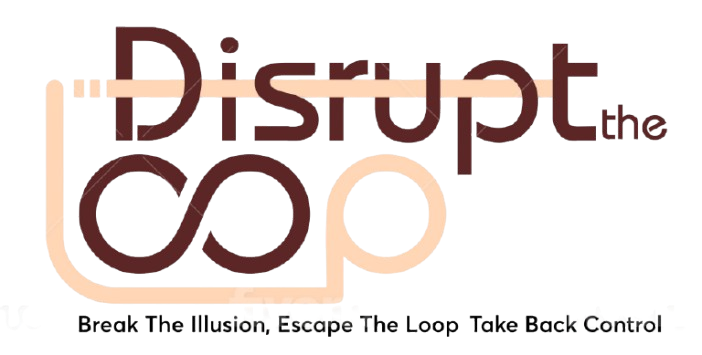The Hidden Traps of Knowledge: How Our Brains and Systems Fool Us
The Illusion of Knowledge
We often assume that more knowledge leads to better outcomes. We believe that understanding our problems is the first step toward solving them. But what if our very quest for knowledge is leading us down a rabbit hole, trapping us in cycles of self-fulfilling prophecies? Recent research suggests that the way our brains, psychology, and institutions are structured may actually work against us, creating what some call “interpretive prisons.”
The Brain’s Self-Fulfilling Prophecies
Consider something as simple as a headache. Our brains often interpret it as a sign of danger, triggering a cascade of physiological responses, such as increased blood pressure. This response, intended to protect us, actually creates a health risk, seemingly validating the initial interpretation of danger.
This reveals a deeper issue: our brain’s protective mechanisms can manufacture the very threats they aim to prevent. This isn’t merely a flawed strategy—it’s a problem of interpretation. Our brains create evidence to support their own assumptions, reinforcing self-validation loops. This is a key feature of how we process information and why we sometimes struggle to break free from anxiety, fear, or even chronic pain.
The Knowledge Trap in Therapy
This self-validating pattern extends beyond neurology into psychology. In therapy, for instance, patients might gain deep insight into their emotional patterns, developing complex explanations for their behaviors. However, this understanding doesn’t always translate into behavioral change. Instead, knowledge itself can become a barrier—a sophisticated description of the prison in which they remain trapped.
By focusing solely on analyzing the problem, they may delay taking action. The more they understand their trauma, anxiety, or behavioral tendencies, the harder it becomes to move beyond them. In essence, knowledge can turn into an intellectual justification for inaction.
The Problem With Measurement Systems
Institutions, too, fall into this “knowledge trap.” Measurement systems often generate metrics that validate their own assumptions, preventing true external evaluation. This creates a closed loop where financial markets, academic assessments, and cultural norms continuously reinforce their own logic.
For example, businesses that measure success purely by quarterly earnings may neglect long-term sustainability. Schools that focus solely on standardized test scores might miss deeper learning and critical thinking skills. These institutions essentially end up grading their own homework, making genuine progress difficult to assess.
The Paradox of Expertise: When Knowledge Becomes a Barrier
One of the most striking examples of the knowledge trap is the paradox of expertise. Highly knowledgeable individuals often perform worse in high-stakes situations than those with less knowledge but more hands-on experience.
Take poker players, for instance. Those with deep theoretical knowledge often freeze under pressure, while those with less formal knowledge but more gameplay experience tend to perform better. This happens because knowledge can sometimes paralyze us, leading to over-analysis instead of confident action. The brain, overwhelmed by excessive information, hesitates instead of adapting to the moment.
Breaking Free: How to Overcome the Knowledge Trap
If knowledge itself can be a trap, how do we break free? Research suggests several ways to escape self-validating loops:
- Challenge Interpretations: Regularly question the assumptions underpinning our knowledge systems. Seek out counter-evidence and be open to different perspectives.
- Interrupt the Pattern: Instead of reinforcing self-confirming narratives, introduce disruptions. This could be a change in routine, engaging in new experiences, or seeking alternative viewpoints.
- Prioritize Action Over Analysis: Move beyond endless theorizing. Practical action and real-world experience often lead to greater progress than prolonged intellectual deliberation.
- Reimagine Measurement Systems: Institutions should develop more holistic ways to assess success that go beyond self-referential metrics.
- Embrace Cultural Diversity in Thought: Recognize that knowledge is shaped by cultural contexts, and avoid assuming that one way of thinking is universally correct

